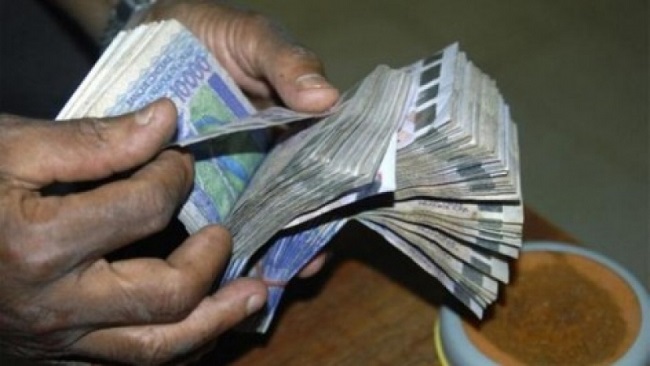Cameroonian employers and tax authorities are at daggers drawn
The representatives of Cameroon’s top employers are calling for the sacking of Cameroon’s tax chief, a sign of deteriorating relationships across the business and government sectors as the economy underperforms.
The president of the Groupement Inter-Patronal du Cameroun (GICAM), Célestin Tawamba, in a letter dated 16 January and addressed to President Paul Biya, complained about the attitude of the current head of the Direction Générale des Impôts (DGI), Modeste Mopa Fatoing.
An observer of the country’s economic environment, summed up the letter, saying it was “an indictment and, above all, an explicit demand for [Fatoing’s] dismissal”.
In what was obviously a deliberate leak, the letter made the front page of the economic newspapers. One headline dated 22 January, stated: “Consummate breakdown of relations between the Directeur Général des Impôts and companies”, and carried substantial extracts from the letter. Naturally, this ignited activity on social media.
Gicam’s tax reform in question
According to a copy of the letter, seen by Jeune Afrique, the bosses’ boss openly criticised the DGI boss for, among other things, “his inability to engage in dialogue and to deal with contradiction, the refusal to issue administrative documents which has led to considerable delays in making investments, his inability to devise a short- and medium-term fiscal policy likely to boost growth while ensuring an appreciable level of revenue for the state, his lack of knowledge of the reality for companies”.
For Tawamba, it seems, the straw that broke the camel’s back was Fatoing’s “hostility to a GICAM tax reform proposal in which he [Fatoing] thought he perceived an attempt by the private sector to replace the state, despite instructions from his superiors”.
The cornerstone of GICAM’s 300-page tax reform proposal, submitted in 2018, was to reduce the minimum collection rate on turnover from 2.2% to 1.1%. This would provide companies with a tax break worth 51bn CFA francs ($8.7bn). Tawamba, who is also the founder of the Cadyst Invest Group, has continually advocated abandoning taxation based on activity in favour of a tax based on profit.
Cameroon and the IMF
DGI Fatoing dismissed the complaints. “The DGI is not opposed to anything,” he said.
A tax administration official said: “Arbitrations in budgetary and fiscal matters are made by the presidency” and pointed out that 71% of GICAM’s proposals were validated by a steering committee set up in 2018 by finance minister Louis Paul Motaze, most of which are gradually being implemented.
“The remaining 29% of the proposals, which include the issue of minimum collection, require in-depth studies of their impact, all this while Cameroon is under a programme with the IMF. Moreover, the minister of finance had made this known to employers on 3 November 2018, in Douala,” said our source.
Recipient of the letter, President Paul Biya, has remained silent.
Culled from The Africa Report





